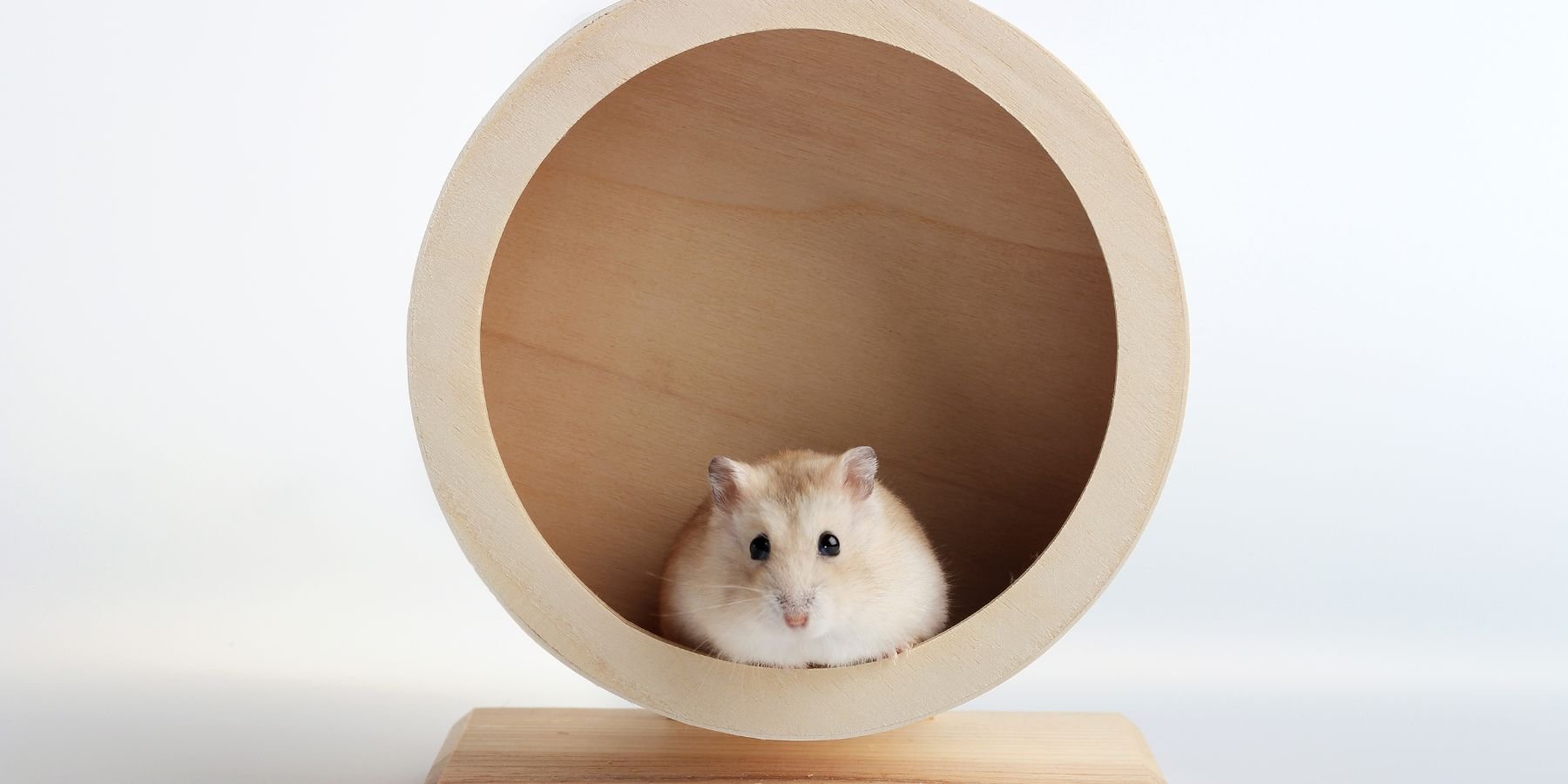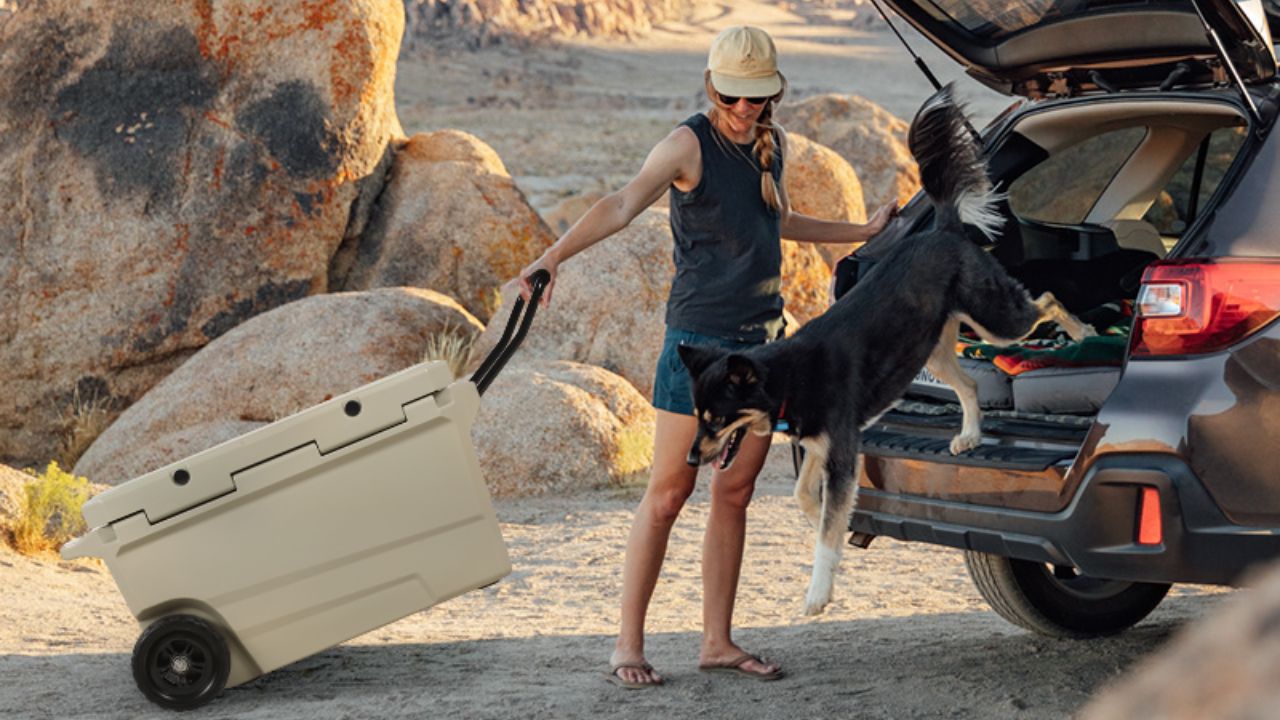
Finding the Best Cage for Your Hamster
Choosing the right home for your hamster is crucial for their happiness and health. This guide will help you find the best cage for your furry friend, ensuring they have a comfortable and safe environment to live in.
Understanding Hamster Needs
Before selecting a cage, it’s important to understand what hamsters need in their living space. They require enough room to play, exercise, sleep, and eat. Hamsters are active and curious animals, so space for movement and exploration is essential. Additionally, consider the ventilation, ease of cleaning, and safety features of the cage.
Types of Hamster Cages
There are several types of hamster cages available:
Wire Cages
Wire cages are popular due to their good ventilation and ease of attaching accessories like wheels and tubes. However, ensure the wire spacing is narrow to prevent your hamster from escaping.
Plastic Modular Cages
These cages come with tunnels and compartments, offering great play opportunities for hamsters. They can be less ventilated and harder to clean but are very engaging for your pet.
Glass Aquariums
Aquariums provide good visibility and can be escape-proof. They require a mesh top for adequate ventilation and can be heavy and challenging to clean.
Wooden Cages
Wooden cages offer a natural look and can be very cozy. However, they are not as durable and can absorb odors and moisture.
Size and Space Requirements
The size of the cage is vital. A general rule is to have a cage that’s at least 450 square inches in floor space. Bigger is always better, especially for active breeds. Ensure there’s enough room for a wheel, sleeping area, food bowl, and toys without overcrowding the cage.
Safety and Comfort
Your hamster’s safety is paramount. Avoid cages with sharp edges or small parts that can be chewed off and swallowed. The cage should have a secure lock to prevent escape. For comfort, provide a soft bedding layer that’s safe for hamsters and easy to replace during a clean hamster cage routine.
Ease of Cleaning
Maintaining a clean hamster cage is essential for your pet’s health. Choose a cage that is easy to disassemble and clean. Regular cleaning prevents the buildup of bacteria and odors. A cage with a removable bottom tray is often easier to clean.
Additional Accessories
Consider the additional accessories you’ll need, like a wheel for exercise, tunnels for exploration, and a hideout for sleeping. Ensure these accessories fit comfortably in the cage without making it feel cramped.
Budget Considerations
Cages come in a range of prices. Set a budget but remember that investing in a good-quality cage can save you money in the long run on replacements and vet bills due to poor living conditions.
Conclusion
Finding the best cage for your hamster involves considering their needs, safety, comfort, and your ability to maintain a clean and healthy environment. Take the time to research and choose a cage that will be a happy and safe home for your pet.


